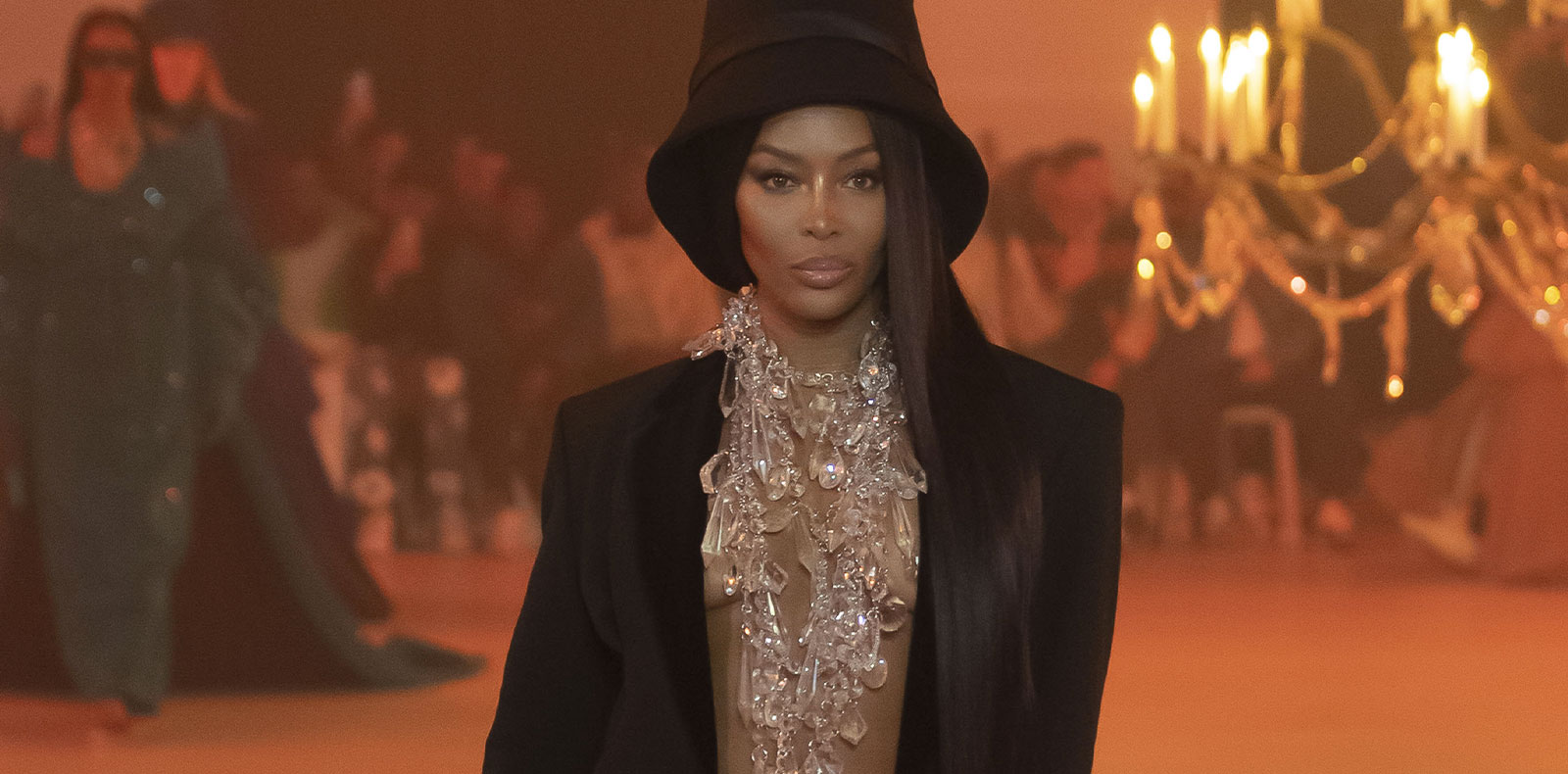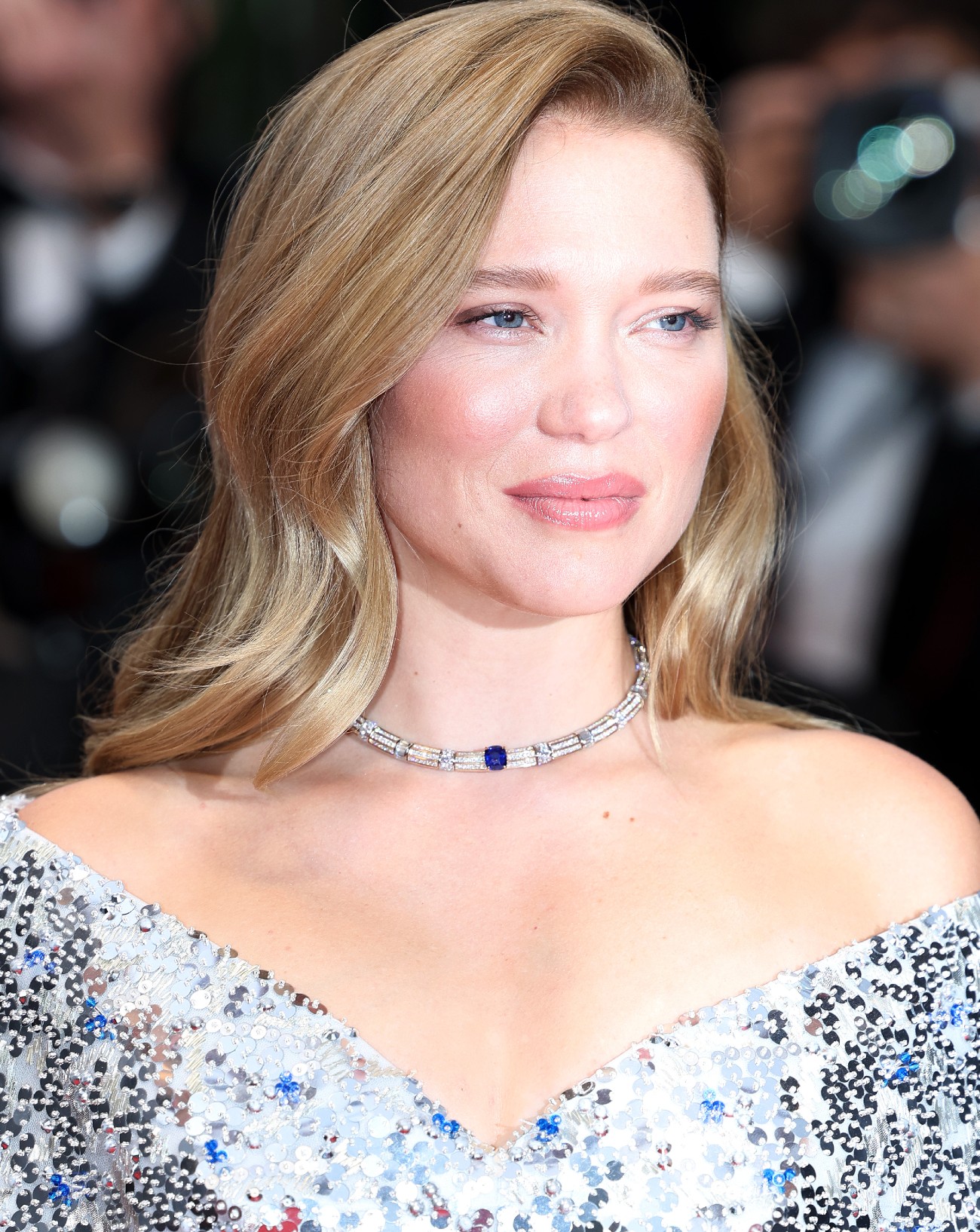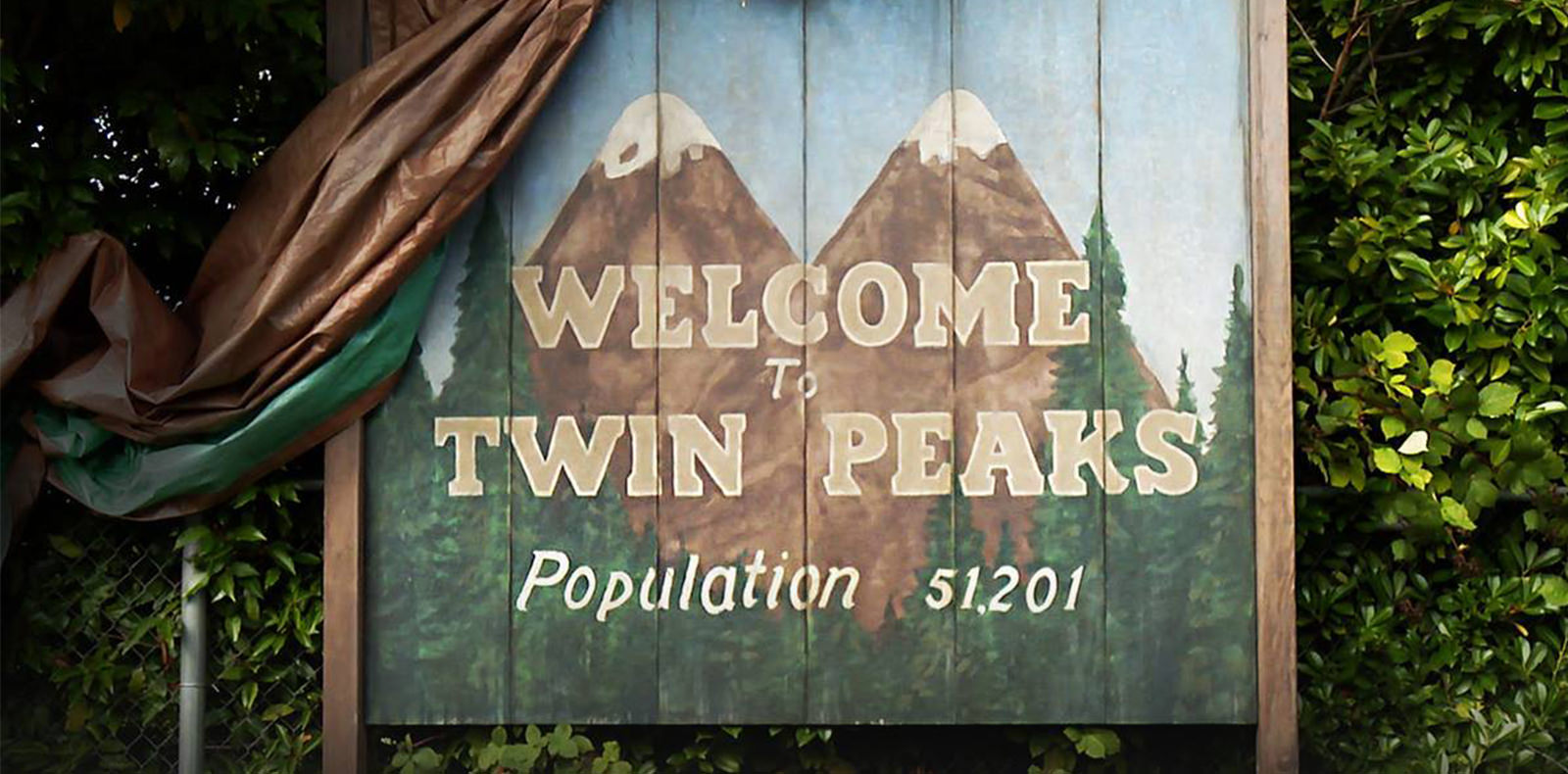
7
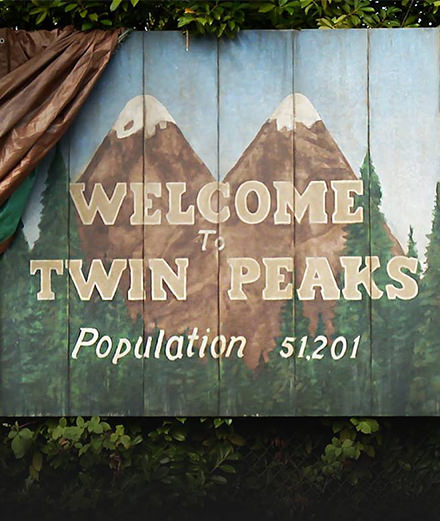
7
Angelo Badalamenti, the man responsible for the legendary music of TV show Twin Peaks
David Lynch’s movies just wouldn’t be the same without Angelo Badalamenti’s ethereal music, particularly the haunting theme tune to Twin Peaks. We look back at 30 years of an idyllic collaboration.
By Marion Ottaviani.
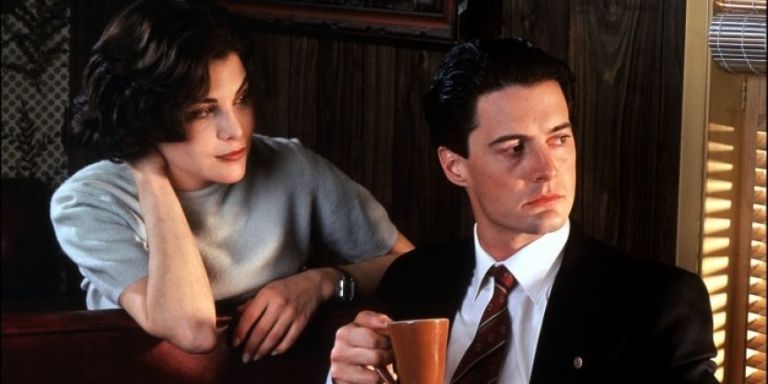
The muffled tones of Isabella Rossellini’s voice mixed with that of Roy Orbison in the film Blue Velvet, the opening notes of the theme tune to Twin Peaks. Moments of perfect symbiosis between cinema and music from the David Lynch/Angelo Badalamenti union… The latter could be considered a man of the shadows, responsible for putting notes to the American director’s surreal images caught between horror and sublime, but their relationship – that came about by complete chance – struck gold with countless accolades including a Grammy Award and a ticket into musical history set to inspire subsequent generations of artists.
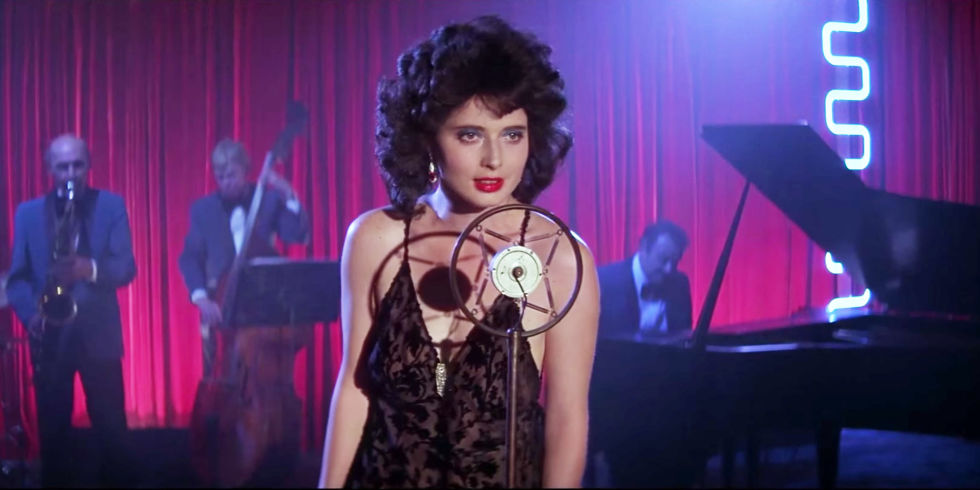
Back in 1986 eking out a mediocre existence as a small time composer, offering his services for less than 200 dollars a month, Badalamenti wouldn’t have dared imagine such a dazzling orbit. But this career choice, even then, was all he’d dreamt of as a child. The classical background of his musical family led him at an early age to the symphonies of Shostakovich, Charlie Parker’s jazz and La Mer by Debussy. His growing fascination was encouraged by a trumpet-playing big brother who he’d watch playing in the basement of their Brooklyn house with his band. He started playing the piano age 12 and would occasionally pitch in when he wasn’t enriching his musical culture listening to Terry Gibs and Sarah Vaughan 45’s.
He wrote I Hold No Grudge and He Ain’t Comin’ Home No More for Nina Simone.
He didn’t leave his home town but the dream soon became tinged with failure, in spite of a promising debut: he wrote I Hold No Grudge and He Ain’t Comin’ Home No More for Nina Simone at the end of the 1960’s, satisfying an ambition for his melodies to be sung by that inimitable jazz voice. Shirley Bassey and Dusty Springfield would also interpret the compositions he wrote for them personally. Then, nothing, or so it seemed for several years: the truth was he was composing for B-series that no one cared for and would sign them under the pseudonym, Andy Badale. It was when he neared his fifties that a call from a producer would upset this routine. It was for a film called Blue Velvet, and the director was looking for an experienced voice coach. The project was presented to him in the broadest of outlines, but he accepted immediately and made his way to the set.
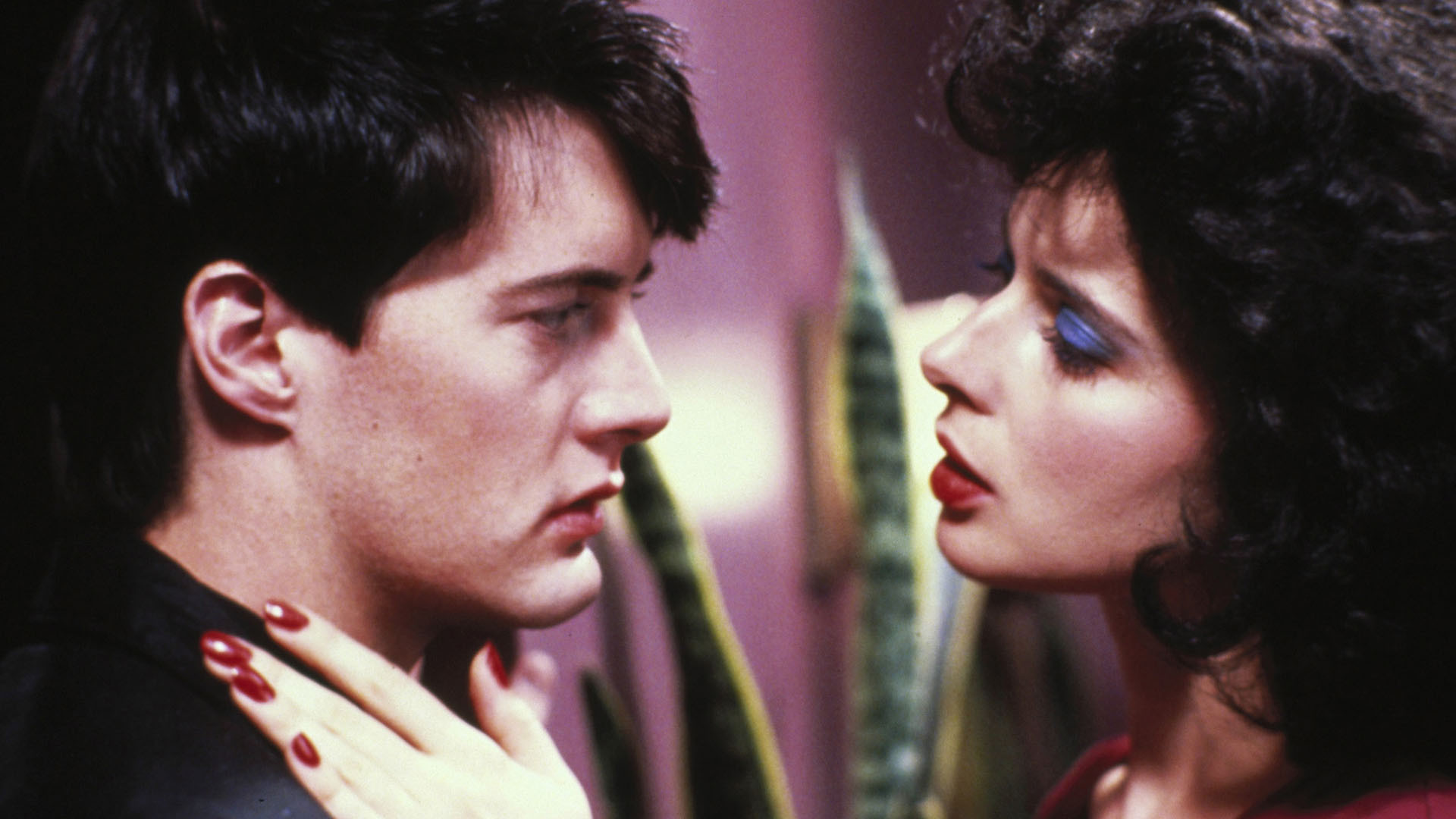
There he met Isabella Rossellini trying to work out how to cover the track by Bobby Vinton which gave its name to the film. Several had already attempted to satisfy the producer Fred Caruso and the director who’s acclaimed Elephant Man had been released in 1980. After two or three hours of work with the young actress, Lynch listened to the result and as his smile became bigger and bigger he only said at the end, “That's the ticket. This is peachy keen.” With those words, the composer got aboard, committing himself to solving other problematic sounds.
Lynch wants Badalamenti to compose a track with “no beginning and no end” of a“pure ethereal beauty”.
He confirmed his status as a providential man when he was asked to write a tune similar to Tim Buckley’s Song to the Siren, the production not having the $50,000 required to use the original. This unforeseen detail upset Lynch greatly who’d set his heart on his using this song, his all-time favourite, in his movie. He gave Badalamenti a yellowing scrap of paper with vague indications about a track with “no beginning and no end” of a “pure ethereal beauty” that he wanted him to compose. Words accompanied by a few verses that didn’t rhyme, jotted down quickly. Disconcerted but not defeated, the musician sat down at his piano and started to play a drawn out B minor air. And thus Mysteries of Love with its crystalline melody was born, like the result of an obvious symbiosis between two artists who barely knew each other.

The only problem was who would interpret the delicate tune? The director had previously worked on a musical with a vocalist called Julee Cruise, whom he’d befriended – and he asked her to help find the right voice. After endless auditions with talented girls the magic just wasn’t there. It took Julee herself to offer her own services for everything to finally fall into place. “It was love at first listen”, according to the composer. This happy accident transformed the Lynch/Badalamenti duo into a trio, who would function very precisely over their recordings. It would go well beyond Blue Velvet until it constituted enough material for the young singer’s first opus.
David Lynch sketches out scenes by murmuring in Badalamenti’s ears.
Julee remembers how Lynch was one of those rare talents to create such a specific atmosphere before a session begins, sketching out scenes by murmuring in ears. Both she and Badalamenti would then know what emotions to put in place during composition and interpretation, without needing to ever speak about it. When it was released, Floating in the Night was met with mixed reactions in part due to its unclassifiable genre. Dream pop as we know it today was in its infancy then, making this tune almost impossible to play on the radio, even on the most avant-garde stations. Cruise set out on an 18-month tour but never achieved the hoped-for recognition and eventually got a call from the record label to say her contract was terminated.
The fall could have been vertiginous, but no one anticipated what would happen with the broadcasting of the first ever episode of Twin Peaks on April 8th 1990. As with all of David Lynch’s projects at this time, she’d been very involved in the show. Her appearance in the pilot and the use of three of her songs on the series soundtrack quickly led to the equivalent of an artistic renaissance. On paper the show looked like a classic police series: Agent Dale Cooper arrives in a small town North of Washington torn apart by the mysterious death of a high school student. But the multitude of details both fascinating and confusing that the director proceeded to incorporate into the narrative turned it into a veritable pop culture phenomenon.
Twin Peaks new episodes to be released in May will include new ethereal songs by Badalamenti.
Every episode reached record audiences, bringing together a fan base eager for the unstable world in the series. In spite of the free fall that began in the second series, leading to its definitive conclusion, Twin Peaks joined the pantheon of best TV shows of all time. With Fire Walk With Me, the follow-up film released in 1992, fans saw Kyle MacLachlan and all the characters for one last time. It was like a thank-you from Lynch to his loyal audience, and a way of suggesting that it might be a goodbye but not a farewell. As she left the screen, Laura Palmer indeed said, “I'll see you in twenty-five years.”

From the Twin Peaks festival organised every year in Washington to the many websites each analyzing every scene of the series, the popularity stayed intact until now, 25 years later. The composer continued his work alongside David Lynch on movies such as Wild at Heart, Lost Highway and the spectacular Mulholland Drive. But it’s probably the legacy he leaves behind with sound track to the TV show that’s made most impact on the contemporary music scene. Groups called Audrey Horne – named after Sherilyn Fenn’s character – and simply Twin Peaks, have flourished over the years, inspired by the unforgettable sounds of the music prodigy. With a re-edition of this legendary score and of course the announcement of a third season to come next May, the small town conceived by his closest collaborator at the end of the 1970s has never been so present in the collective imagination. Monica Belluci, Michael Cera, Amanda Seyfried and even Naomi Watts will be joining this microcosm for a set of new episodes accompanied once again by the ethereal tunes of Badalamenti. Roll on spring…
Twin Peaks : Fire Walk With Me OST and Twin Peaks OST (Death Waltz Recording Company), available.
Twin Peaks season 3, coming in May 2017 on SHOWTIME.









